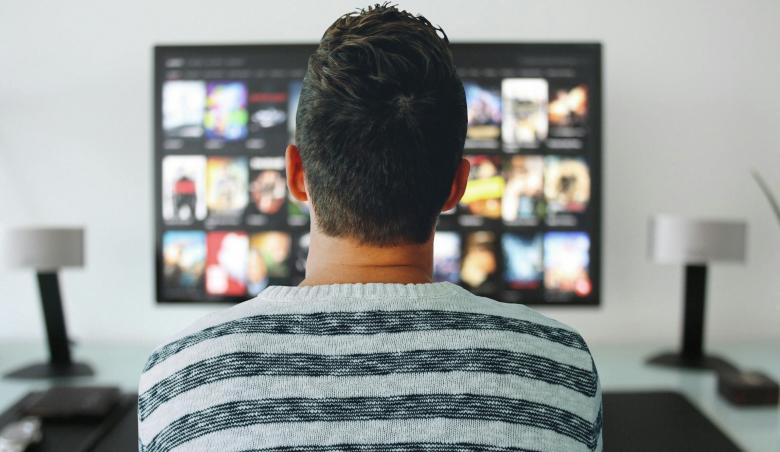The Cultural Impact of Reality TV
Reality TV has undeniably reshaped popular culture, influencing societal norms, values, and aspirations. Its rise in popularity has sparked debates about its impact on society, both positive and negative.
Positive Impacts:
- Representation: Reality TV has showcased diverse cultures, ethnicities, and lifestyles, promoting greater understanding and acceptance.
- Entertainment: Reality TV offers a wide range of entertainment options, from cooking shows and talent competitions to docu-soaps and survival challenges.
- Inspiration: Many reality TV stars have become role models and inspirations, inspiring viewers to pursue their dreams and overcome challenges.
- Economic Impact: The reality TV industry has created jobs and generated significant revenue,contributing to the economy.
Negative Impacts:
- Unrealistic Expectations: Reality TV can create unrealistic expectations about relationships, careers,and lifestyles.
- Sensationalism: Some reality TV shows can be sensationalized, focusing on drama, conflict, and shocking behavior.
- Negative Stereotypes: Reality TV can perpetuate negative stereotypes and reinforce harmful biases.
- Privacy Concerns: The popularity of reality TV has raised concerns about privacy and the exploitation of individuals.
Changing Societal Norms:
Reality TV has played a significant role in shaping societal norms and values. For example, shows like “Keeping Up with the Kardashians” have popularized celebrity culture and influenced fashion trends.Similarly, reality dating shows have changed perceptions of relationships and dating.
Conclusion
The cultural impact of reality TV is complex and multifaceted. While it has offered entertainment and opportunities for individuals, it has also raised concerns about its influence on societal values and norms.As the genre continues to evolve, it will be interesting to see how it continues to shape our culture and entertainment landscape.










